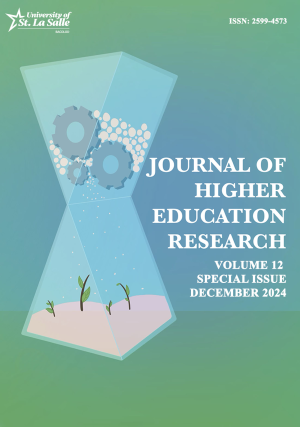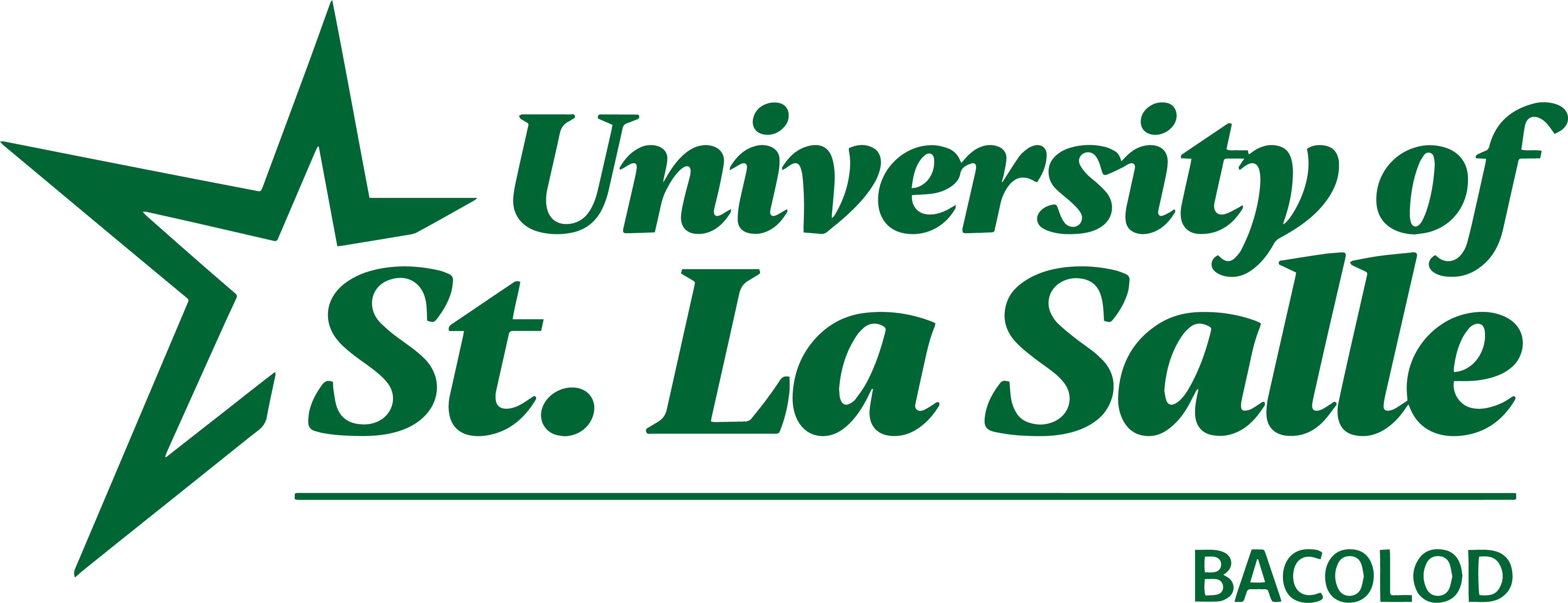Empowering teachers’ professional development: An evaluation of the Project FREE Paglaum scholarship program
https://doi.org/10.70228/PFREE2024007JHER
Cite this article Read this article
ABSTRACT
This study evaluated the status of Project FREE scholars regarding their professional advancement, employing a quantitative approach with a descriptive comparative design. The participants included graduates from Batch 1 (273) and Batch 2 (175) of the Project FREE Paglaum Scholarship Program, with a total of 448 participants identified through Fixed Effect Omnibus and One Way analysis, and selected via stratified random sampling with proportional allocation. A researcher-developed survey questionnaire was administered to collect data. The findings revealed a high overall satisfaction level with the support provided by the Provincial Government of Negros Occidental and the Department of Education. Additionally, significant differences in support were identified based on various demographic and professional factors. The study underscored the positive impact of the professional development program on teachers’ positions and salary grades, indicating that the Project FREE Paglaum Scholarship Program has effectively contributed to their professional advancement. This premise is evidenced by the significant increase in teachers' salary grades following program participation, which demonstrates the program's effectiveness in enhancing qualifications and compensation, ultimately facilitating career progression. Overall, the program yielded substantial positive outcomes in empowering teachers' professional development and career advancement. Future research is recommended to investigate the effects of the Project FREE Paglaum Scholarship Program on the learning competencies of students taught by these scholars, as this could provide deeper insights into the program's broader impact on education quality.
Keywords: Project FREE (Flagships to Reach Educational Excellence) Paglaum Scholarship Program, satisfaction, support, Department of Education, provincial government, teacher professional development

Volume 12 Special Issue, 2024 EDITION
Published 2024
Editor's Note
Across every level of education, leadership and governance shape the direction, culture, and success of learning communities. In times of change and uncertainty, the strength of our schools depends on leaders who can balance vision with action, empathy with accountability, and innovation with tradition. This Special Issue of the Journal of Higher Education Research turns the spotlight on those leaders—documenting their strategies, challenges, and achievements, and offering practical models for others to follow. Carcueva and Ureta provide a closer look at the Philippine Professional Standards for School Heads (PPSSH), examining how career stages align with leadership practices and performance. Meanwhile, Toreta and Ureta showcase the best practices and qualities of the most outstanding school heads, whose leadership fosters excellence, transparency, and sustainable partnerships. Tingson and Leonor examine the relationship between emotional leadership and teachers’ work engagement, providing insights into how supportive leadership styles impact morale and commitment. Miraflores and Leonor evaluate the Project FREE Paglaum Scholarship Program, revealing its substantial impact on teachers’ professional advancement and career progression. Gomez and Ramos chronicle the “metamorphic transition” of Teachers-in-Charge from classroom educators to effective school leaders. At the same time, Salmorin and Ureta examine leadership practices and resilience as predictors of school manager performance in the dynamic and uncertain VUCA environment. Jalwin and Yap present a structural equation model that links leadership practices, organizational culture, self-efficacy, and school quality, shedding light on the complex interplay among these variables. Amisola and Leonor assess School-Based Management (SBM) practices, advocating for a continuous quality improvement program to strengthen educational autonomy and performance. Celeste and Amparo highlight the influence of spiritual leadership on teachers’ organizational commitment, suggesting that values-driven leadership serves as a catalyst for workplace satisfaction and retention. Collectively, these works reveal that effective educational leadership is not confined to administrative skill—it is rooted in vision, empathy, resilience, and a steadfast dedication to fostering environments where both educators and learners thrive. We extend our deepest gratitude to the authors for their invaluable contributions, to our peer reviewers for their discerning feedback, and to the Publication and Engagement Office led by Dr. Lota Largavista for their unwavering support in realizing this special edition. May the insights in this special issue serve as both a guide and an inspiration—equipping educational leaders and policymakers with the wisdom, courage, and innovative spirit needed to shape schools that not only respond to the challenges of today but also create the possibilities of tomorrow. Sincerely, JOVAL N. MARTINEZ Editor-in-Chief


